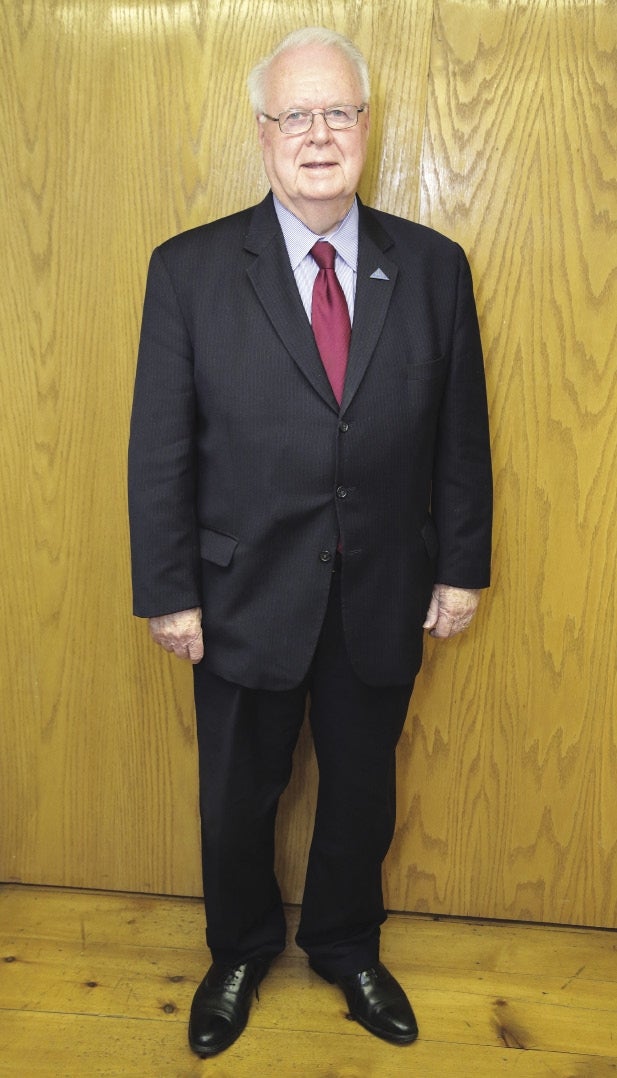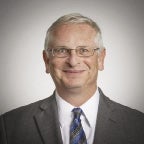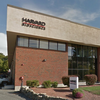MassMEP president steps aside after working towards specialization
In 1999, when the Massachusetts Manufacturing Extension Partnership was founded, the state had 43 manufacturers with more than 1,000 employees. Today, it has 10.
Instead, 70 percent of Central Massachusetts manufacturers have 20 employees or less, according to the U.S. Bureau of Economic Analysis.
This demographic shift in the manufacturing community played a major part in the charting the direction and programs at MassMEP, a statewide organization based in Worcester tasked with providing manufacturers with the resources needed to succeed. At the start – and still at its heart – is Jack Healy, who stepped down as president and CEO on July 1.
“Jack has made a great contribution to help small manufacturers prepare for world markets and the future,” said Leslie Greis, owner and director at Worcester metal former and processor Kinefac Corp. “Jack understands what is important to manufacturers….and MassMEP has made it easy for small manufacturers to have resources at their fingertips.”
Healy said many small companies are reluctant to invest time, money and resources in training programs because they worry that once an employee is professionally accomplished, they will leave for greener pastures. Large companies are also more likely to have established internal training and skills enhancement capabilities.
Healy saw the need for an outside organization like MassMEP to help provide training resources and career pathways to prepare qualified people to join these smaller companies, enabling them to grow, and collaborate with secondary schools such as Worcester Polytechnic Institute, Quinsigamond Community College and UMass Lowell to build and expand their manufacturing training and certification programs.
“If we lost manufacturing in the metropolitan Worcester area, we would be in tough shape,” Healy said.
Manufacturing represents about $6.4 billion dollars of economic activity in Central Massachusetts, according to BEA, representing 19.9 percent of the private sector's gross domestic product – compared to 12 percent statewide.
MassMEP has worked with 1,800 manufacturers since its inception, Healy said, providing these companies with consulting, business and management advice through its professional project managers, job-training programs, established skill standards and associated testing, and industry advocacy to policymakers.
Industry growth
Healy said many people don't understand the true meaning of employment numbers – where statewide manufacturing employment dropped 39 percent between 1998 and 2014, according to BEA – since true industry growth comes from efficiency and competitiveness.
“Everybody thinks of that [decline] as a negative because they equate everything in manufacturing to jobs,” Healy said. “We are doing it with a small business economy…We have a fraction of the workforces producing that growth.”
BEA data shows Massachusetts compounded annual GDP growth rate for the past three years was 3.4 percent versus the U.S. average of 3.3 percent, but the state's overall performance is even more dramatic when compared to the New England average of 2.3 percent.
Massachusetts' manufacturing GDP grew slightly faster on a cumulative basis (19.9 percent), than the U.S. manufacturing GDP since 2010 (18.4 percent), said Healy.
“Why are we different? We have a vibrant small manufacturing community,” he says.
A number of Massachusetts counties, such as Bristol and several counties in Western Massachusetts, are not growing manufacturing – or are even declining, which means manufacturing in places like Central Massachusetts are expanding at even greater rates than the overall data indicate, Healy said.
“Manufacturing growth in Worcester went up 6 percent over the prior period, 2014 vs. 2013,” Healy said.
A hero
John Killam, Healy's successor at MassMEP as president and CEO, said the future of manufacturing needs a skilled workforce, and he credits Healy with doing the groundwork necessary to develop workforce training solutions to prepare people to come in and be ready to work.
“Jack was never afraid to be a collaborator and share in the success,” Killam said. “He never did it alone.”
Greis, of Kinefac, called Jack is a hero to her and her company.
“I have great respect for Jack,” Greis said. “He has worked to support and advocate for the major issues in manufacturing [in Massachussetts] over many years.”
Healy's important contribution was to keep small manufacturers – who now make up the majority of the industry in Central Massachusetts – ready to compete globally, Greis said.
Healy, of course, remains more modest.
“It takes a village,” he said, to get industry, government and education to all work together.
Program legacy
One of many major achievements for MassMEP under Healy include the 2012 establishment of the Manufacturing Advancement Center Workforce Innovation Collaborative program located at MassMEP's offices on Grove Street in Worcester. MACWIC boasts 124 member companies employing more than 20,000 people in the state and is supported by member companies, partners and individuals.
Initiated by MACWIC, the Applied Manufacturing Technology Certification Pathway is a precision-machining certification program that encourages students to consider careers in advanced manufacturing and creates a standard instruction set and evaluation process, which is continuously improved, so that employers can readily assess an applicant's skill set, reducing hiring costs, Healy said.
The AMTCP program also has an articulation agreement with Quinsigamond Community College, which recognizes 26 credits for successful course completion.
Healy collaborated with QCC's Innovative Technology Acceleration Center in Southbridge to create an accelerated associate degree and certificate program which teaches high-level skills in three high-growth areas: information-technology, photonics and advanced manufacturing.
When people get trained “not only do they have the technical knowledge needed, they have a better sense of confidence about themselves,” Healy said “They become different people.”
The next chapter
While he is stepping down as director of MassMEP, Healy, isn't headed to a rocking chair.
Healy, 80, will serve as MassMEP's liaison to the new Advanced Functional Fabrics of America (AFFOA) Institute and partnership, an independent nonprofit founded by the Massachusetts Institute of Technology, which will run a new, $317-million public-private partnership announced by U.S. Secretary of Defense Ash Carter – a program designed to accelerate innovation in high-tech, U.S.-based manufacturing involving fibers and textiles.
“We need many more Jack Healy's,” said Greis.
















0 Comments